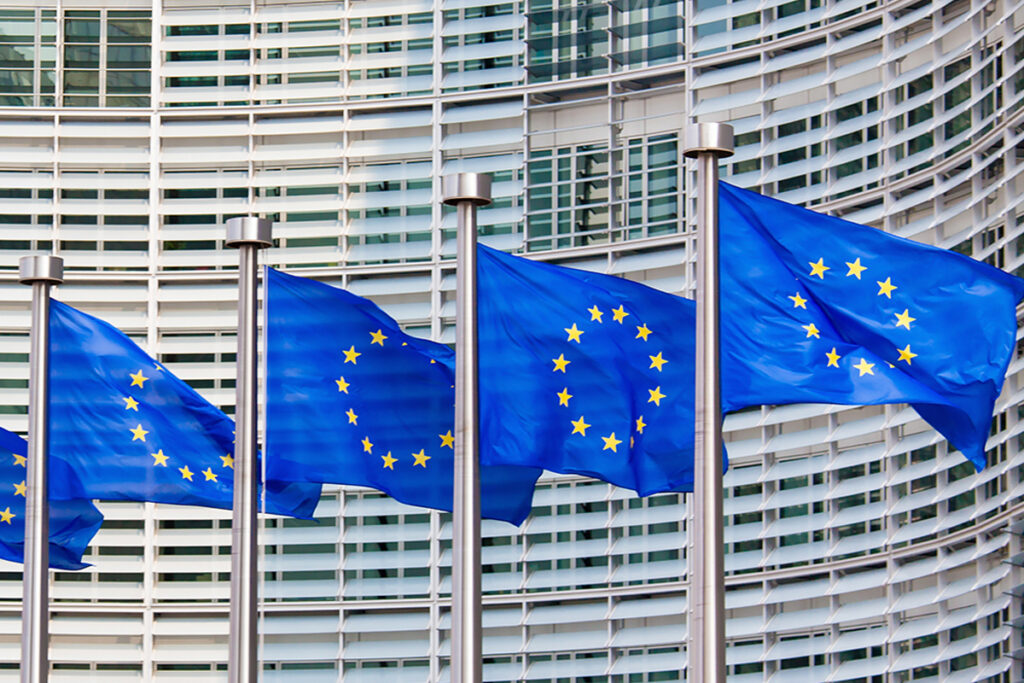In a groundbreaking move, the European Union has reached a consensus on the Artificial Intelligence Act, a comprehensive set of regulations designed to govern the use of artificial intelligence across its 27 member nations. This landmark legislation reflects Europe’s ambition to lead the global conversation on the ethical and safe deployment of AI technologies.
Central to the AI Act is a “risk-based approach,” where the focus is on the application of AI rather than the technology itself. It aims to strike a balance between safeguarding fundamental rights and democratic values, like freedom of speech, and fostering innovation and investment in the AI sector. The Act categorizes AI systems based on their risk levels, applying varying degrees of regulation accordingly.
Categorizing Risk and Implementing Regulations
For AI applications deemed low-risk, such as spam filters or content recommendation engines, the Act mandates minimal regulations, primarily transparency about their AI-driven nature. Conversely, high-risk systems, particularly in sensitive areas like medical devices, are subject to stringent requirements, including the need for high-quality data and clear user information. Notably, the Act outright bans certain AI applications considered to pose unacceptable risks, including invasive social scoring systems and specific forms of predictive policing.
The Global Ripple Effect
The AI Act is not just a European affair; its influence is poised to extend globally. Drawing parallels with the EU’s previous technological directives, such as the standardization of charging cables, the AI Act could become a de facto global standard. It presents a comprehensive blueprint that other nations could adopt or adapt in their quest to regulate AI.
The United States and China, both AI superpowers, have also initiated their respective frameworks for AI regulation. The U.S. has emphasized safety and transparency through President Biden’s executive order, while China focuses on managing generative AI and promoting a fair environment for AI development. These approaches, however, differ in scope and emphasis compared to the EU’s comprehensive strategy.
AI Act’s Implications for ChatGPT and Beyond
The emergence of versatile AI platforms like ChatGPT prompted specific updates in the AI Act. General-purpose AI systems, capable of tasks ranging from poetry composition to coding, are subjected to basic transparency standards. This includes disclosures about their data use and energy consumption. More advanced AI systems, given their potential systemic risks, will face stricter regulatory scrutiny.
Shaping the Future of AI
The European Union’s Artificial Intelligence Act marks a significant milestone in the regulation of AI technology. By setting a precedent with its nuanced, risk-based approach, the EU not only safeguards its citizens’ rights and values but also potentially steers the global direction in AI governance.
As the world grapples with the complexities and potentials of AI, the AI Act emerges as a critical framework, offering a balanced pathway between innovation and ethical responsibility.


